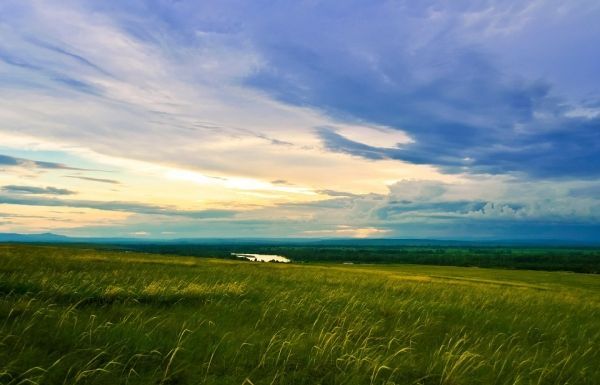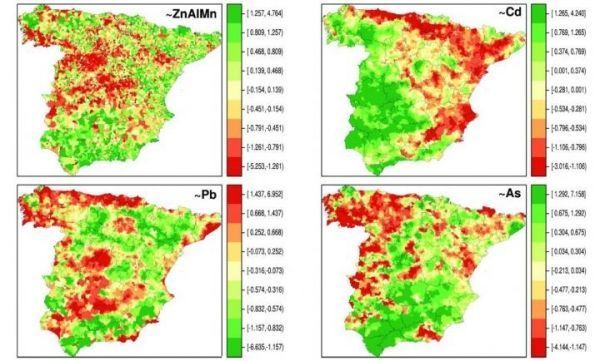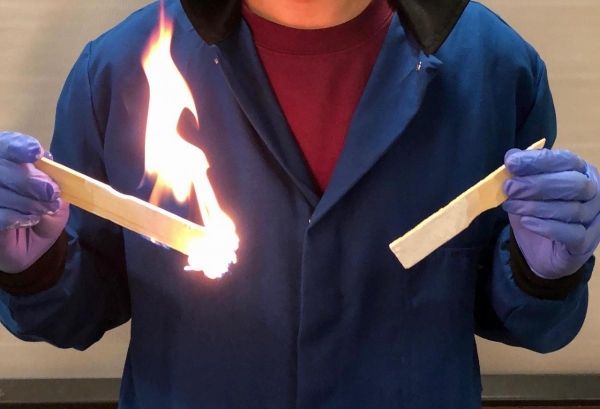Plants are responding in unexpected ways to increased carbon dioxide in the air, according to a twenty-year study conducted by researchers at the University of Minnesota and published in the journal Science. For the first 12 years, researchers found what they expected regarding how different types of grasses reacted to carbon dioxide. However, researchers’ findings took an unanticipated turn during the last eight years of the study.
articles
A Fat Belly is Bad for Your Heart
Belly fat, even in people who are not otherwise overweight, is bad for the heart, according to results from the Mayo Clinic presented today at EuroPrevent 2018, a European Society of Cardiology congress.
Faster Walking Heart Patients are Hospitalised Less
Faster walking patients with heart disease are hospitalised less, according to research presented today at EuroPrevent 2018, a European Society of Cardiology congress, and published in the European Journal of Preventive Cardiology.
A Study Links Soil Metals with Cancer Mortality
Spanish epidemiologists and geologists have found associations between esophageal cancer and soils where lead is abundant, lung cancer and terrains with increased copper content, brain tumor with areas rich in arsenic, and bladder cancer with high cadmium levels. These statistical links do not indicate that there is a cause-effect relationship between soil type and cancer, but they suggest that the influence of metals from the earth's surface on the geographical distribution of tumors should be analyzed.
Colour us impressed
When it comes to paint, there are two main types people can chose from, latex or oil-based. But now, a new option has been developed at Queen’s University that promises a more environmentally-friendly choice.
Research Reveals Stronger People Have Healthier Brains
A study of nearly half a million people has revealed that muscular strength, measured by handgrip, is an indication of how healthy our brains are.










